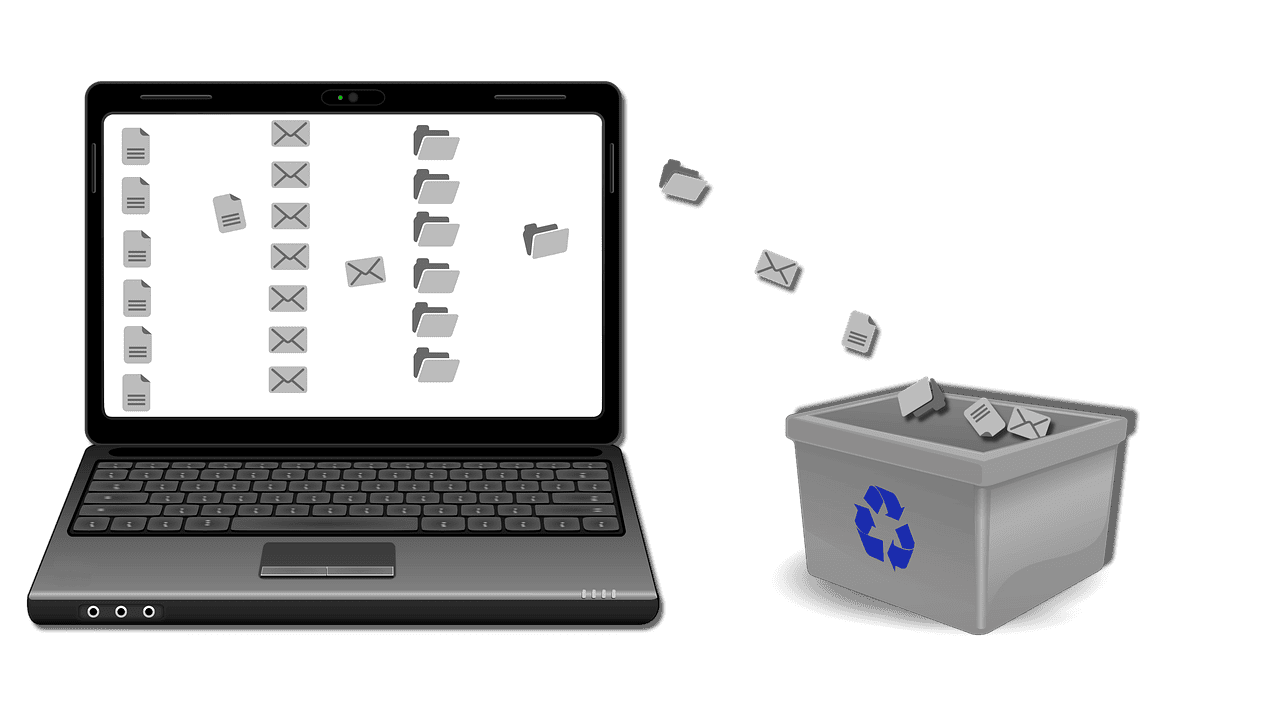What Can One Do to Discipline Oneself: A Comprehensive Guide
Developing self-discipline is a transformative process that empowers individuals to achieve their goals and improve their overall quality of life. If you find yourself asking, what can one do to discipline oneself?, you are not alone. Many people struggle with maintaining focus and commitment. Here, we present actionable steps that can guide you on your journey toward mastering self-discipline.
1. Set Clear Intentions
To start your journey toward self-discipline, it's crucial to set clear intentions. Ask yourself what motivates you to cultivate discipline. Understanding the underlying reasons can serve as a powerful motivator. Additionally, write down your specific goals and place them somewhere visible. These visual reminders can help reinforce your commitment daily.
2. Start with Small Actions
Instead of overwhelming yourself with lofty goals, begin with small, manageable tasks. Breaking larger projects into smaller steps can build momentum and confidence. An effective method to maintain focus is interval training, where you dedicate short bursts of intense focus (e.g., 10 minutes) to a task, followed by a brief break.
3. Create a Routine
Establishing a daily routine forms the backbone of self-discipline. A consistent schedule helps make tasks feel automatic, reducing the mental effort required to get started. Incorporate a variety of activities into your routine, ensuring you allocate time for relaxation and self-reflection.
4. Use Accountability Mechanisms
Sharing your goals with friends or family can create a sense of accountability. This commitment can significantly increase your motivation. Additionally, consider implementing a reward system for completing tasks, coupled with penalties for procrastination. This reward-penalty balance can incentivize you to stay on track.
5. Manage Your Mindset
Your mindset plays a critical role in your self-discipline journey. Embrace self-acceptance, recognizing that mistakes are part of the learning process. Cultivate a positive environment by surrounding yourself with encouraging individuals and focusing on outcomes rather than failures.
6. Practice Mindfulness
To enhance your self-discipline, practice mindfulness to monitor your thoughts and urges. This awareness can help you navigate distractions more effectively. Tools like timers can be helpful in maintaining focus on tasks at hand, making it easier to avoid the tendency to procrastinate.
7. Gradually Expand Your Comfort Zone
Expose yourself gradually to the discomfort of discipline. Learning to manage stress and discomfort builds resilience over time. By pushing your boundaries sensibly, you will find it easier to cope with challenges in the future.
8. Seek Support
Consider looking into resources that can further aid your discipline-building journey, such as the "Iron Discipline" ebook available here and the "Iron Discipline" course found here. These resources offer practical strategies and insights tailored for those looking to cultivate self-discipline effectively.
Conclusion: Your Path to Mastering Self-Discipline
Incorporating these strategies into your daily life can help you develop the self-discipline needed to achieve your goals. Remember, discipline is a skill that requires practice and patience. Start small, stay consistent, and watch as you transform your life into a more productive and fulfilling journey.
Get started on your path to self-discipline today with the insights provided, and don't hesitate to explore the "Iron Discipline" ebook and course for a structured approach to achieving your aspirations.
Next Steps
-
Set Clear Intentions: Reflect on your motivations for building self-discipline and write down specific goals. Make these intentions visible to remind yourself of your commitment regularly.
-
Start Small: Break your goals into manageable tasks. Try the interval training technique by focusing intensely on a task for designated short periods, then take a brief break to maintain your energy and focus.
-
Establish a Routine: Build a consistent daily schedule that includes various activities. This structure will help you automate your tasks and minimize the mental resistance to starting them.
-
Utilize Accountability: Share your goals with supportive friends or join a community focused on self-discipline. Consider setting up a reward system to celebrate accomplishments and penalties for procrastination to keep yourself motivated.
-
Cultivate a Positive Mindset: Work on accepting the learning process, recognizing that mistakes are opportunities for growth. Surround yourself with supportive individuals and maintain a focus on positive outcomes.
-
Practice Mindfulness: Incorporate mindfulness techniques to help manage distractions. Use tools like timers to keep yourself focused and to minimize the urge to procrastinate.
-
Expand Your Comfort Zone: Gradually introduce yourself to the discomfort that comes with self-discipline. The more you push your limits, the more resilient you will become in handling future challenges.
-
Seek Additional Resources: Consider exploring the "Iron Discipline" ebook and course for structured strategies to enhance your self-discipline journey. Additionally, check out resources like Zen Habits on self-discipline for further inspiration and techniques.
By following these steps, you can effectively enhance your self-discipline and begin seeing tangible improvements in your daily life. Start implementing these actionable strategies today and pave the way for personal growth and achievement.
